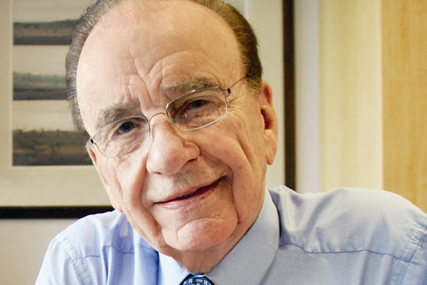 It's no secret that polls are used to shape public opinion at least as much as they're used to measure it. The website of one major U.S. polling firm, the Mellman Group, boasts its "extensive experience developing effective communications strategies that lead people to choose our client's product or service, join their organization, hold their opinion, or vote as we would like."
It's no secret that polls are used to shape public opinion at least as much as they're used to measure it. The website of one major U.S. polling firm, the Mellman Group, boasts its "extensive experience developing effective communications strategies that lead people to choose our client's product or service, join their organization, hold their opinion, or vote as we would like."
Polling was used as a perception management tactic in the national debate over the children's health insurance program known as SCHIP. As President Bush prepared to veto an SCHIP reauthorization bill, Republican strategists worried about the impact on their party. Republican pollster David Winston came up with a solution: present the party's opposition as an attempt to "'put poor kids first' rather than expand coverage to adults, illegal immigrants and those already with insurance," reported the Wall Street Journal. "Independents favored that message 47%-38%." The veto went ahead, with the "poor kids first" theme figuring prominently in Republican talking points and briefing materials, such as the White House's "Five Key Myths About President Bush's Support for SCHIP Reauthorization."
Polls are also frequently employed as part of a "bandwagon" strategy: most people support (or oppose) this, so you should support (or oppose) this, too. Last year, a poll purported to show strong opposition to "net neutrality," the principle that networks should provide access to any data, without discrimination. But the poll questions were highly leading, asking participants whether they preferred "new TV and video choice" and "lower prices for cable TV," or "barring high speed internet providers from offering specialized services." The poll was funded by Verizon Communications, which opposes net neutrality.
Another telecom-related poll was unveiled last month at a press conference in Madison, Wisconsin. According to a press release (PDF) put out by the newly-formed Wisconsin Video Choice Coalition, "Wisconsin residents across demographic, geographic and party lines overwhelmingly support a state bill that would encourage competition to cable TV."
By all accounts, the legislation in question is controversial. Why, then, did the poll find such strong support for it?

 The U.S.
The U.S.  It's no secret that polls are used to shape public opinion at least as much as they're used to measure it.
It's no secret that polls are used to shape public opinion at least as much as they're used to measure it.  Travelers flying into the United States via airports in Washington DC and Houston are being shown "a
Travelers flying into the United States via airports in Washington DC and Houston are being shown "a  In a
In a